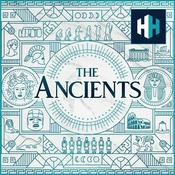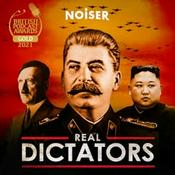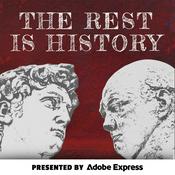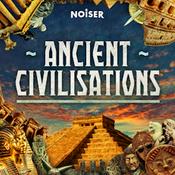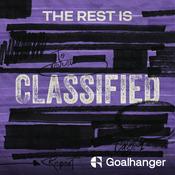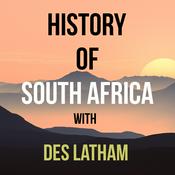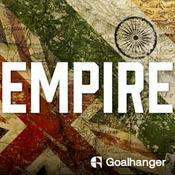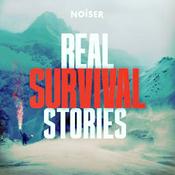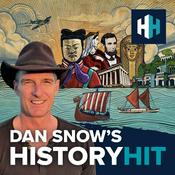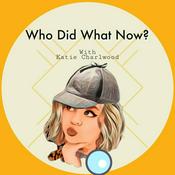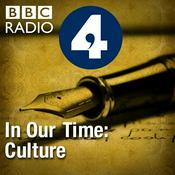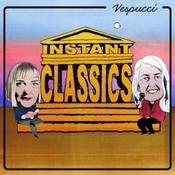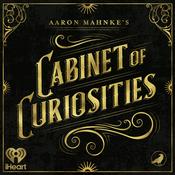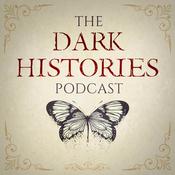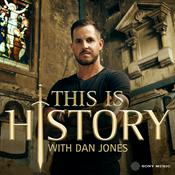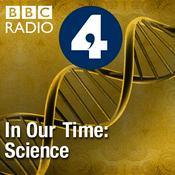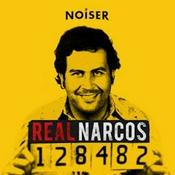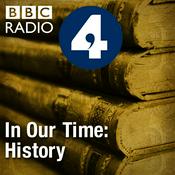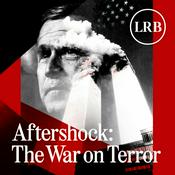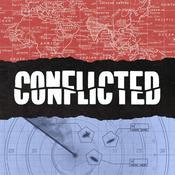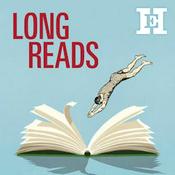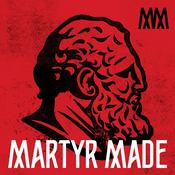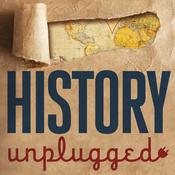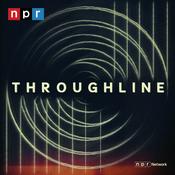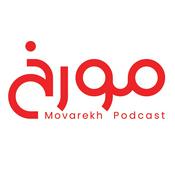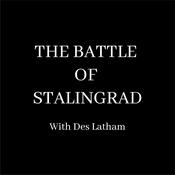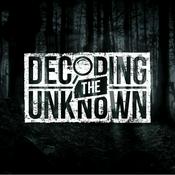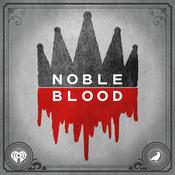24 episodes

Beyond the Bill: Waging a People's War Against Police Brutality
2025/7/04 | 1h 37 mins.
Yesterday, we hosted the final installment of our teach-in series "Beyond the Bill." After the June 25 uprisings last year, many Kenyans were radicalized, they began seeing the state for what it is, they started seeing the contradictions. We wanted to capture that momentum and, through political education, help people make sense of the shape of power that guides what has been happening in the country—from "how countries should think about debt" to the history of Mwakenya, to Pan-Africanism in the DRC, and much more. Every month for the last year, we invited people to help us understand these connected struggles, and we're grateful to everyone who took part and, of course, everyone who listened and shared!In two of our sessions, we spoke to Sudanese comrades Rabab Elnaiem, Husam Mahjoub, and Gussai Sheikheldin. The edited transcripts of these conversations, we put together and published in a booklet called "Revolution Neither Starts Nor Ends." Our ultimate goal is to distribute these as free pamphlets for reading in social justice centres and other political organizing spaces throughout Nairobi (and maybe throughout the country)! However, in order to fund a big print run, we are selling bound copies of this book at 800 KES. Please buy some copies and help us raise money to print hundreds more to give away! You can find them at Cheche Bookshop. Some of you who have already sent money can pick up your copies there anytime.Police violence is one of the oldest stories of Nairobi. Although many are shocked by the open violence unleashed by the Ruto and Sakaja administrations on the streets of Nairobi — goons given permission to wreak havoc and uniformed officers executing people in broad daylight — brutality is always how informal settlements have been governed. For this reason, people's movements in the ghetto have long been the front-line fighters of the war against police violence, documenting and following up on cases long after media fanfare fades. What are the lessons that can be drawn from their work? How can others stand in solidarity with these movements? How is the fight against police violence actually a fight for a bigger kind of freedom?

Closing One Chapter at UEIF, Opening Another
2025/5/28 | 3 mins.
There's a season for everything, and the time has come for April Zhu, our producer, to sign off. Until Everyone Is Free will continue with our team Stoneface Bombaa, Felix Omondi, and Wairimu Gathimba—bringing history into the living archive of our listeners' minds, hosting discussions on political shifts in the airwaves and, of course, radicalizing people. A luta continua.

AI Ni ya Who? The Invisible Labour Behind AI
2025/4/24 | 1h 5 mins.
A lot of the talk about AI focuses on how human AI is. Can it write like me, draw like me, sing like me? What we need to be concerned about, however, is how AI makes us less human. Kenya has become a hub for companies that recruit African workers to do the content moderation and data labeling microwork that AI depends on — and yet workers and their often inhumane conditions are hidden.Commissioned by Project Ether, Until Everyone Is Free produced a special podcast episode highlighting how AI technology is just the latest stage of a long story of capitalism. But, as with all other stages, there is worker resistance too.

Beyond the Bill: Congo: The Heart of Pan-Africa
2025/3/22 | 1h 8 mins.
We've said before on the podcast that "Uhuru wa Palestina ni uhuru wetu"—that when Palestine is free, we are all free—because the occupation of Palestine is the "heart of the beast," it is imperialism at its baldest, it is a colony that in 2025 has yet to exercise its right to self-determination. In this episode, we want to not only explain the history of the long war in the DRC but, more importantly, how this is true of Congo too. There is a reason Pan-Africanists have called DRC the "heart of Africa," why—as some sources claim—Kwame Nkrumah proposed the capital of the United States of Africa to be located in Kinshasa. It is not simply because Congo is in the geographical center of the continent. It is because, from the First Industrial Revolution to the Fourth, Congo—which contains half of Africa's water resources, half of Africa's forest cover, and enough arable land to feed half of Africa—reveals the darkest face of colonialism, imperialism, and capitalism. And a free Congo reveals a horizon for African self-determination and self-sufficiency that we’ve yet to reach.Today, we are speaking to Nteranya Ginga. Nteranya Ginga has a research background in rehabilitation, reconciliation, and reintegration of former child soldiers in post-conflict communities using creative participatory mediums such as dance and film. As Content Director for #CongoExcellence, he worked on educational content for Congolese youth to nurture their potential to contribute to the development of the Democratic Republic of Congo. Nteranya has been the implementation support lead for the SOS Children’s Villages (CV) Ombuds implementation project for West, Central, East, and Southern Africa regions. He has also worked with the research centre Oxford Poverty and Human Development Initiative (OPHI), Gavi, the Vaccine Alliance, Kenya Scholar’s Access Programme (KenSAP), Tuition Aid Data Services (TADS), and immigration law company, Rivero Law LLC. Recommendations mentioned: "Dancing in the Glory of Monsters" by Jason K. Stearns"Africa's World War" by Gerard PrunierBenjamin Babunga Watuna (@benbabunga)Vava TampaThe Republic (rpublic.com) - forthcoming series on the war in Congo, edited by Nicole Batumike of Panzi FoundationGoma Actif

Beyond the Bill: What do elections have to do with freedom?
2024/12/14 | 43 mins.
Busia Senator and activist lawyer Okiya Omtatah recently declared his intent to run for president in 2027. Over his career, Omtatah has sued multinationals, government, politicians, and many others on behalf of the public interest and promises to focus on "anti-corruption measures" and executing the Constitution. We've spent many hours helping people understand the structural nature of what ails Kenya. Omtatah has certainly played an important role as an individual, but is this at odds with what would actually be necessary, structurally, to liberate Kenya from the root causes of its problems? How then should we think about electoral politics? They objectively matter, but how should we organize within a context where its importance is overstated? How should we think about the issue of solidarity within coalitional politics — throwing women and queer people under the bus — for a "lesser evil" and "non-corrupt" candidate? Firoze Manji, PhD, is a Kenyan, but now resides in Québec, Canada. He has more than 40 years of experience in international development, health and politics. He is the publisher of Daraja Press (www.darajapress.com) and an Adjunct Professor at the Institute of African Studies, Carleton University, Ottawa, Canada. He is the recipient of the 2021 Nicolás Batista Lifetime Achievement Award from the Caribbean Philosophical Association. He is the founder and former editor-in-chief of the pan-African social justice website, Pambazuka News. He has published widely on health, human rights, and politics.
More History podcasts
Trending History podcasts
About Until Everyone Is Free
Listen to Until Everyone Is Free, British Scandal and many other podcasts from around the world with the radio.net app

Get the free radio.net app
- Stations and podcasts to bookmark
- Stream via Wi-Fi or Bluetooth
- Supports Carplay & Android Auto
- Many other app features
Get the free radio.net app
- Stations and podcasts to bookmark
- Stream via Wi-Fi or Bluetooth
- Supports Carplay & Android Auto
- Many other app features


Until Everyone Is Free
download the app,
start listening.

